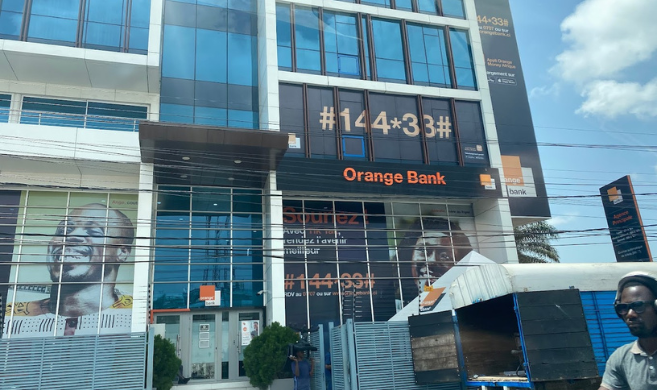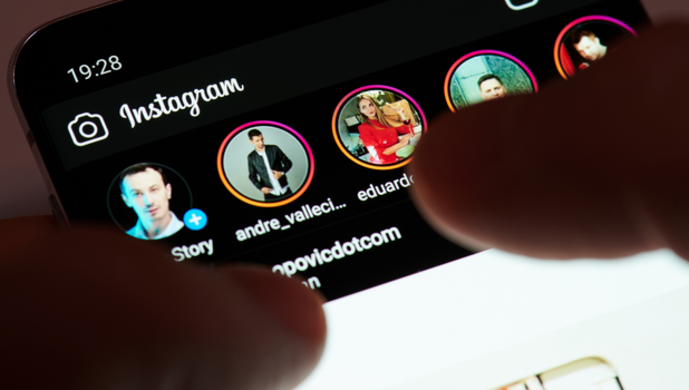Only 12% of companies in the Fortune 500 in 1955 still exist today, clearly demonstrating that organizations that cannot adapt do not survive. The cases of former market leaders Blockbuster and Blackberry underline this. Despite the need to evolve, firms often struggle to effectively grasp transformation opportunities that could change their fortunes. According to Harvard Business School professor Clayton Christensen, 95% of all projects on product innovation fail. A great many companies are wasting precious time and money on trying to evolve in the wrong ways. Organizations need to find better ways to adapt, and the case of Orange in Ivory Coast between 1996 and 2020 presents key lessons to understand how this can be achieved.
How did Orange successfully enter the Ivory Coast market?
We investigated the case of Orange, a transformational success story, brought about through proactive adaptation. When Orange decided to enter the African market of Ivory Coast it was first and foremost a telecommunications company. The business environment was markedly different to France. In Ivory Coast, most people lived in rural areas, and as we discovered, more than 60% of the population did not have access to financial services. There was a lack of infrastructure for traditional telephony and implementing this would be too costly for Orange.
Orange saw the opportunity to develop a mobile money market, based on changes to regulation, the environmental context, and building on its core competencies in telecommunications technology. It brokered a critical partnership with bank BNP Paribas to bring this to market. Over the years that followed it continued to build value for customers and partners through extending partnerships with utilities companies, schools and private businesses to provide mobile money payments to customers. In later years, it established partnerships with mom-and-pop stores to piggyback on existing point-of-sale infrastructure in gas stations and local stores, providing trust to customers and offering them an easy way to recharge credit. At each of the six stages we identified in the Orange success story, developing key partnerships has been integral to the organization’s success, allowing it to develop a platform for considerable growth.
Finally, as a direct result of its learnings from the African market, Orange launched Orange Bank in France in 2017 which turned into a successful venture. The capability displayed by Orange requires a culture of adaptability in the organization, and a high level of resilience in a very different market.
From telephony to banking: evolving the business
We teach in our courses that no business success lasts forever. Organizations must be ready to adapt and transform. They need to be ready for challenges that may emerge, either from the development of new technology, or from the environments of operation.
We teach in our courses that no business success lasts forever. Organizations must be ready to adapt and transform.
We discovered that when Orange entered Ivory Coast it did not set out to become a bank. Instead, the business was able to assess its internal capabilities effectively, understand the nuances of the local context and draw on its culture of adaptation to bring about change. Through a comprehensive analysis of Orange’s activities over more than two decades we were able to pinpoint how the company was successful and present guidelines to companies to learn from this.
Through a comprehensive analysis of Orange’s activities over more than two decades we were able to pinpoint how the company was successful and present guidelines to companies to learn from this.
Orange assessed its core capabilities (mobile telephony). The firm identified an opportunity that required a complete mindset change through analyzing the environmental context. Instead of targeting the low-volume, high-margin customers (wealthy city dwellers) that financial institutions did, it saw that it could reach 90% of the population (the unbanked) by pursuing low-margin but high-volume customers whose needs were not served. It then systematically built and maintained new partnerships, developing an entire ecosystem that would deliver its exponential growth. This research has led us to the following three guidelines for businesses to transform:
- Guideline 1: Proactively Exploit Your Organizational Capabilities Through Adapting to the Context
- Guideline 2: Be Adaptable Enough to Rethink and Evolve Even Your Core Activities
- Guideline 3: To Ensure Continuous Growth, Develop and Nurture an Ecosystem
Being prepared to change, even to the point of changing the core business, clearly can reap considerable rewards. In Ivory Coast, Orange has a mobile market share of 41%, and 10 million subscribers, brought about through its seizing the mobile money opportunity. Its activities in Ivory Coast led to it gaining a banking license and entering France and Spain as a bank, with further expansion planned in future years.
Reverse innovation and emerging opportunities
At the outset of our research, we believed that the Orange mobile money case would highlight the scale of opportunities that exist in both the developing and developed worlds for strategic value creation, and we were not disappointed. One core lesson from the case of Orange is the relevance of reverse innovation in today’s markets. Innovation flows typically from the developed to the developing world. Reverse innovation takes the opposite approach, looking at how developing world innovations can be applied in developed countries. Orange exemplifies this through becoming a bank in France as a direct result of its operations in Ivory Coast.
Orange exemplifies reverse innovation through becoming a bank in France as a direct result of its operations in Ivory Coast.
As society changes and evolves, what works in Africa or other developing regions may also have more direct applications in developed countries. We are increasingly seeing higher levels of inequalities in developed nations, such as many of the OECD countries. There are also similarities in segments of the population between developed and developing countries. For example, we have seen that there is a sizable population of unbanked people in the USA. This presents an opportunity to apply ideas from developing markets in different contexts.
There are also clear applications of Orange's approach to emerging opportunities. For example, we believe that the current energy crisis brings opportunities for innovation that can lead to strategic value creation. Creativity and adaptability are likely to lead those with the right mindset and culture of adaptability to transform the sector focusing on how to create value out of consuming the energy that is available, rather than generating energy based on what we need.










